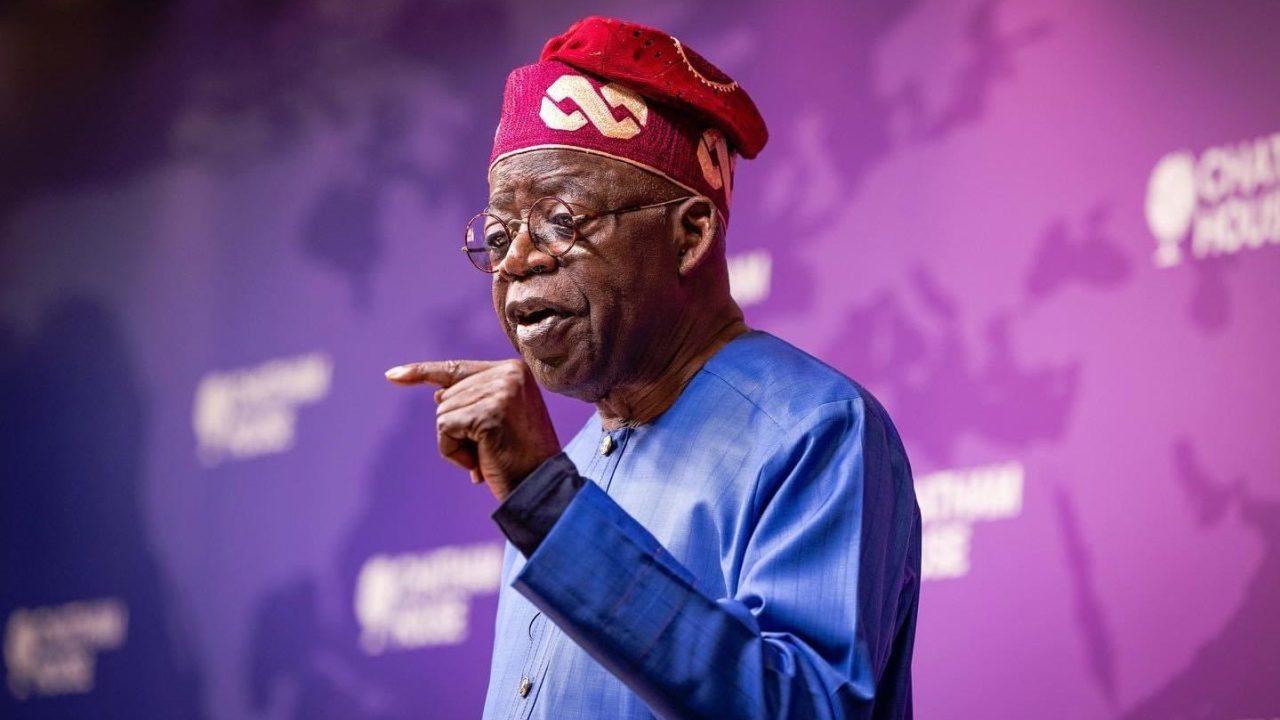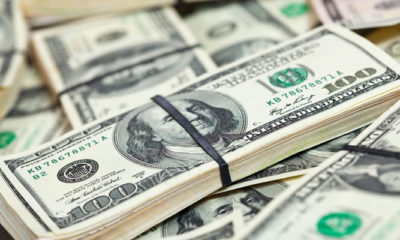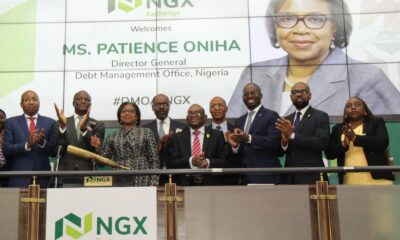The financial burden on Nigeria has escalated significantly as the country’s debt servicing costs experienced a staggering increase of 55.71% to reach N1.24 trillion within a span of three months.
Data obtained from the Debt Management Office (DMO) reveals that between October and December 2022, Nigeria expended N406.77 billion on domestic debt servicing while $312.27 million (equivalent to N143.74 billion) was spent on external debt servicing, resulting in a total expenditure of N550.51 billion during that period.
However, between January and March 2023, Nigeria’s domestic debt servicing costs surged to N874.13 billion, while its expenditure on external debt servicing soared to $801.36 million (equivalent to N368.87 billion). Consequently, the total debt servicing costs for this period amounted to a whopping N1.24 trillion.
To calculate the external debt servicing expenses, the DMO utilized an exchange rate of $1 to N460.3.
Alarming projections by the International Monetary Fund (IMF) indicate that the Nigerian government is estimated to allocate 82% of its revenue for interest payments in 2023. The IMF further predicts that external debt, including private sector debt, will rise to $121.6 billion with external reserves hovering around to $37.5 billion.
The share of revenue utilized for interest payments is expected to decline from 96.3% in 2022 to 82% in 2023. In 2020 and 2021, interest payments accounted for 86.1% and 87.8%, respectively, of the Federal Government’s revenue.
In a report released by the Nigerian Economic Summit Group and the Open Society Initiative for West Africa, it was revealed that Nigeria along with ten other countries within the Economic Community of West African States (ECOWAS), currently face debt distress according to debt sustainability analysis.
These countries include Benin, Burkina Faso, Cabo Verde, the Gambia, Ghana, Guinea Bissau, Liberia, Niger, Senegal, and Togo.
Expressing concern over Nigeria’s economic vulnerabilities, Dr. Muda Yusuf, the Chief Executive Officer of the Centre for the Promotion of Private Enterprise, highlighted the rising public debt and debt service burden plaguing the Nigerian economy.
The World Bank has also cautioned that although Nigeria’s debt may currently be deemed sustainable, it remains vulnerable and costly. The global financial institution further warns that Nigeria’s debt could become unsustainable in the event of macro-fiscal shocks.

 Forex3 weeks ago
Forex3 weeks ago
 Naira3 weeks ago
Naira3 weeks ago
 Billionaire Watch2 weeks ago
Billionaire Watch2 weeks ago



 Naira3 weeks ago
Naira3 weeks ago






 Naira2 weeks ago
Naira2 weeks ago




 Naira1 week ago
Naira1 week ago




 Naira4 weeks ago
Naira4 weeks ago






 Naira1 week ago
Naira1 week ago
























